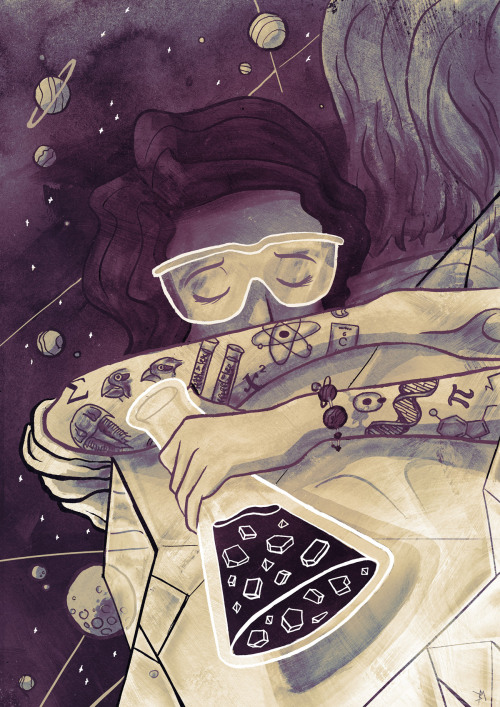Punk science says, “Shots, shots, shots, everybody!”
Let’s talk about shots!
Now, I know what you’re thinking. You were hoping that this was going to be an article about things like tequila shots or Jell-O shots or some other form of alcohol consumption. I’m sorry to say, you might find yourself disappointed.
However, this is a much more interesting and important kind of shot that affects nearly every person in the world in some form or another. This is the concept of vaccination, and in this article, I thought we could take a little dive into the realm of vaccines and immunization, especially given our current predicament.
The first thing you ought to know about vaccines is how they work. Put simply, a vaccine works by triggering your immune system, often with a neutralized form of the disease or illness, so that your body’s defenses can recognize the culprit and defend against it should it ever show up.
Think of it like a detective who goes around town showing people pictures of a notorious serial killer. If you know what he looks like and you happen to bump into him, you can then do sensible things like running away or phoning the police. Because you knew what to do, you likely didn’t die, and that’s basically how a vaccine works.
The first vaccine came about in 1796, made by a man named Edward Jenner. Back in the day, there was a particularly nasty disease going around called smallpox, and it was a medical nightmare.
The story goes that Jenner was out for a stroll one day, and he happened to chance upon a milkmaid who was bragging about how she would always have a pretty face, untouched by smallpox.
Her reasoning was because she had already been exposed to a much more minor pox called cowpox, which had more mild symptoms and wasn’t lethal. It only caused minor rashes and has been determined to have no long-term effects.
This overheard conversation got Jenner thinking, and he decided to inject a young boy with a sample from a lesion brought on by cowpox to see how it would affect a host. The young boy had some symptoms of cowpox for a time, and then they went away, just like a normal case of cowpox would.
Heartened by this discovery, Jenner exposed the same young boy to smallpox sometime later and found that he was completely immune, meaning that he would no longer be at risk for contracting the far more deadly disease.
From there, vaccines have become a large part of the medical world, even being described as one of the single most effective means of medical prevention other than clean drinking water. That’s a big deal, given that there are a whole host of preventable diseases that vaccines are used to ward against to this day.
Since the advent of the smallpox vaccine and the subsequent inoculation of the world’s population, naturally occurring smallpox was declared eradicated by the World Health Organization in 1980.
There are plenty of other illnesses and diseases that are preventable with vaccines. Measles, mumps, rubella, and the like are all the kinds of infectious illnesses that can be avoided with the proper vaccinations.
In fact, the odds of you having received the MMR vaccine when you were a child is pretty high. Most places like public schools and other institutions won’t even let you attend unless you were immunized, though there have been some truly massive arguments surrounding the subject of vaccines.
Polio is another example, and one that was nearly as terrifying to people as smallpox was before it. Before a vaccine came along, there was a very real chance that you could contract polio, and if you did, it was often a death sentence.
These days, there are fewer diseases that don’t have some form of vaccine, but there are a few famous ones. The recent COVID-19 pandemic is a grand example of a disease requiring a vaccination to keep the human population safe.
HIV, which is the precursor for AIDS, is another well know disease that has been waiting for an effective vaccination for a long time, though there might be some good news for that effort based off a recent set of studies around the Moderna COVID-19 vaccine.
Because of the effectiveness and relative safety of vaccines once they have been appropriately developed and tested, the concept of immunization isn’t going anywhere anytime soon. The importance of these preventative efforts can’t be overstated, and in times like these, with a pandemic still a very real part of our lives, it’s necessary to think about how important our role is in keeping humanity safe.
All it takes is a vaccination to save countless lives from preventable diseases. Seems like a pretty fair trade when you look at it.
For now, that’s all the science we’ll be looking at this week. Make sure to watch for the next installment of Punk Science, where we’ll be looking at yet another fascinating area of science and technology. Until next time, farewell from Punk Science, where we’re making science cool again!

Senior, BFA Creative Writing major from Craftsbury, VT.
Resident Punk Scientist and Basement Medicine Web Wrangler.
I love science and writing, and...




